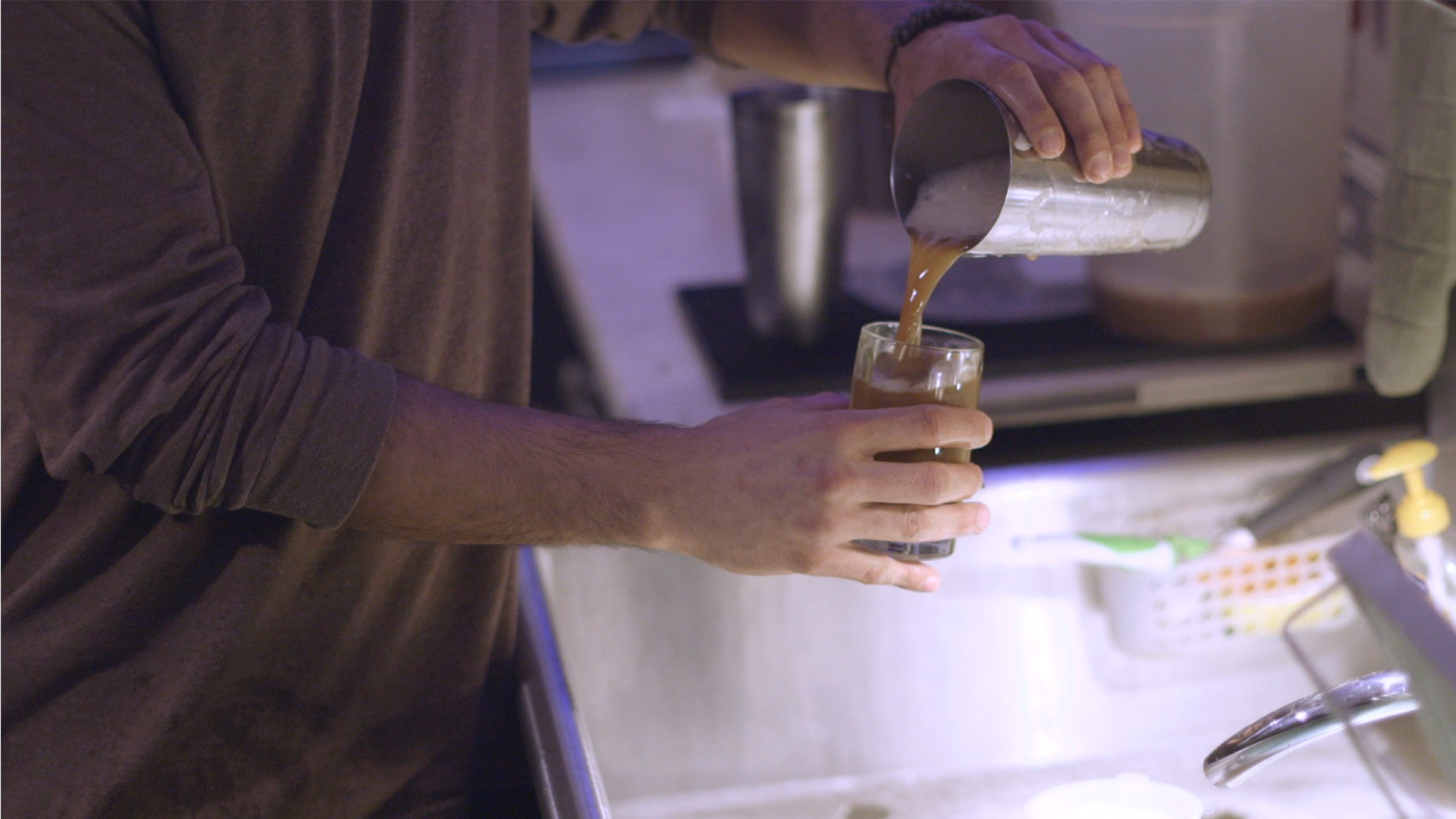Jonathan Wiggs/The Boston Globe via Getty Images
As medical marijuana becomes more widely legalized, doctors and doctors-in-training are starting to realize they don't know enough about its effects on their patients' health. A substantial number of medical residents reported having a poor understanding of medical marijuana and its regulations, based on new findings presented at the CHEST Annual Meeting 2017 in Toronto on November 1.This new study highlights several gaps in physicians' knowledge: Specifically researchers found that 38 percent of medical trainees thought medical marijuana was an FDA-approved drug prescription drug. They also found that 76 percent of residents didn't know the category marijuana is classified in under the Controlled Substance Act. (It's Schedule 1 alongside heroin; not knowing this might explain why so many thought it was FDA-approved.) Residents also reported a poor understanding of the pharmacology of marijuana, or how it works on a cellular level.A total of 51 residents (most pursuing internal medicine) at Saint Peter's University Hospital in New Jersey completed the survey. Overall, the results indicated that many residents have concerns regarding the safety, addiction risk, and medical benefits of marijuana, and feel unprepared to counsel their patients. It's a small sample size, but it supports other findings about marijuana being relatively excluded from medical education.Adequate training could help residents overcome some of their concerns, and provide better care for their patients. "Lack of awareness and comfort in addressing the therapeutic aspects of medical cannabis reveals a deficit and an opportunity for continuing medical education," Nissy Ann Philip, the study's lead author and a physician at Saint Peter's University Hospital, said in a press release.Marijuana use is increasingly common: A 2015 survey found that 22 million Americans had used marijuana within the past month. And by 2020, researchers anticipate that the marijuana industry will generate over $20 billion in revenue, based on predictions from the Arcview Market Research group. Regardless of whether it's for recreational or medicinal purposes, the responsibility of providing care rests on physicians. A 2011 report found that marijuana use contributed to 456,000 emergency department visits.
More from Tonic:
California became the first state to legalize medical marijuana in 1996 and now, 29 states and Washington DC have legalized it. Yet according to a study released last month, just 9 percent of medical schools include marijuana in their curriculum, indicating that medical education needs to make adjustments to better equip budding docs.Med school administrators do acknowledge that they aren't adequately equipping med students to counsel patients on marijuana. The September study, conducted at Washington University in St. Louis, notes that 67 percent of deans admitted their graduates weren't equipped to prescribe marijuana, and 35.5 percent of med students indicated that they're unable to answer questions about it."Education is key. We as physicians are the counselors," Philip told Tonic in an email. "It is our duty to pore through the literature and digest the complicated information, so we can personalize treatment methods for patients. As this topic becomes more mainstream, we resident physicians need to be trained in an infrastructure where we feel comfortable addressing our patients' concerns."A common misperception among the public is that if a substance is legal than it must be safe. However, Laura Bierut, the lead author of the September study and a professor at Washington University School of Medicine in St. Louis says, "We have many medications and the opioid medications are an example of something that is legal and we know that we are in the middle of an opioid epidemic right now. So, like with any type of treatment that we have in medicine there are risks and benefits to medical marijuana."There are opponents of medical legalization altogether and there are no set medical guidelines for doctors prescribing medical marijuana. To which Bierut says, "I think the issue is it's hard to get the genie back in the bottle. And medical marijuana is going to continue coming out. I think that we should be teaching our medical students and our residents about medical marijuana in the sense of we don't have standardization about this, but how do you speak to patients about this because patients are going to ask you these questions."Read This Next: Most Doctors Take Just 8 Hours of Sex Ed
Advertisement
More from Tonic:

California became the first state to legalize medical marijuana in 1996 and now, 29 states and Washington DC have legalized it. Yet according to a study released last month, just 9 percent of medical schools include marijuana in their curriculum, indicating that medical education needs to make adjustments to better equip budding docs.
Advertisement